Top Enterprise Applications to Streamline Business in 2025
In 2025, businesses will leverage enterprise applications to enhance efficiency and productivity. Key solutions include Cloud-based platforms for collaboration, AI-driven analytics for data insights, and automated workflow tools to reduce manual tasks. These technologies will empower organizations to adapt swiftly, optimize resources, and drive innovation, ultimately transforming the way they operate in a competitive landscape.
As businesses strive to enhance efficiency and productivity, the integration of the right enterprise applications becomes crucial. In 2025, organizations will increasingly rely on advanced technologies to streamline operations and improve decision-making processes. Below are some of the top enterprise applications that can help businesses achieve these goals.
1. Customer Relationship Management (CRM) Software
Customer Relationship Management (CRM) systems are essential for managing a company's interactions with current and potential customers. In 2025, CRMs will utilize advanced analytics and AI to provide deeper insights into customer behavior and preferences. Popular options like Salesforce, HubSpot, and Zoho CRM will continue to dominate the market, enabling businesses to personalize their marketing strategies and enhance customer satisfaction.
2. Enterprise Resource Planning (ERP) Systems
Enterprise Resource Planning (ERP) systems integrate various business processes, including finance, HR, and supply chain management, into a single platform. In 2025, cloud-based ERP solutions will become even more prevalent, allowing for real-time data access and collaboration across departments. Key players like SAP, Oracle, and Microsoft Dynamics 365 will provide comprehensive tools for resource management, helping businesses to optimize their operations and reduce costs.
3. Project Management Tools
Project Management Tools are vital for planning, executing, and monitoring projects efficiently. Platforms like Asana, Trello, and Monday.com will evolve in 2025 to incorporate AI-driven features that enhance task prioritization and resource allocation. These tools will empower teams to collaborate seamlessly, ensuring projects are completed on time and within budget.
4. Human Resource Management Systems (HRMS)
Human Resource Management Systems (HRMS) will play a pivotal role in managing employee data and enhancing workforce productivity. Features like automated payroll processing, talent acquisition, and performance management will be vital in 2025. Solutions such as BambooHR, Workday, and ADP will leverage AI to provide insights into employee engagement and retention strategies, helping businesses build a more satisfied and productive workforce.
5. Business Intelligence (BI) Tools
Business Intelligence (BI) tools are essential for data analysis and reporting. In 2025, platforms like Tableau, Power BI, and Looker will enable organizations to visualize data trends and make informed decisions. By integrating AI and machine learning, these tools will provide predictive analytics that can help businesses anticipate market changes and adjust strategies accordingly.
6. E-commerce Platforms
E-commerce Platforms will continue to evolve, offering businesses robust solutions for online sales. In 2025, platforms like Shopify, WooCommerce, and BigCommerce will focus on enhanced user experiences and integration with various payment gateways. These applications will enable businesses to reach broader audiences and streamline their sales processes, ultimately driving revenue growth.
7. Supply Chain Management Software
Supply Chain Management Software is crucial for optimizing logistics and inventory management. In 2025, technologies like IoT and blockchain will enhance supply chain visibility and traceability. Solutions such as Oracle SCM Cloud and SAP Integrated Business Planning will help businesses monitor supply chain performance, reduce waste, and improve delivery times, ultimately leading to better customer satisfaction.
8. Collaboration Tools
Collaboration Tools will be vital for remote and hybrid work environments in 2025. Applications such as Slack, Microsoft Teams, and Zoom will incorporate more advanced features, including real-time document collaboration and AI-driven chatbots for customer support. These tools will enable teams to communicate effectively, regardless of their location, thus fostering a more agile work culture.
9. Cybersecurity Solutions
In a rapidly digitalizing world, cybersecurity solutions will be indispensable for protecting sensitive business data. By 2025, tools like Norton, McAfee, and Symantec will employ AI and machine learning to detect and respond to threats in real time. These solutions will not only safeguard companies from data breaches but will also help maintain customer trust and compliance with regulations.
10. Marketing Automation Software
Marketing Automation Software will be essential for executing and managing marketing campaigns effectively. Platforms such as Marketo, Mailchimp, and Pardot will enhance their capabilities in 2025, allowing businesses to automate email campaigns, social media posting, and lead nurturing processes. This will help organizations improve their marketing ROI and reach target audiences more effectively.
Conclusion
As we move towards 2025, businesses must adapt to the ever-evolving technological landscape by investing in the right enterprise applications. By leveraging tools like CRM, ERP, project management software, and advanced analytics, organizations can streamline their operations and drive sustainable growth. The future of business is undoubtedly tied to technology, and those who embrace these solutions will emerge as leaders in their respective industries.
Chart: Comparison of Top Enterprise Applications for 2025
| Application | Key Features | Top Providers |
|---|---|---|
| CRM | Customer insights, analytics, automation | Salesforce, HubSpot, Zoho |
| ERP | Integration, real-time data access, resource management | SAP, Oracle, Microsoft Dynamics |
| Project Management | Task management, collaboration, reporting | Asana, Trello, Monday.com |
| HRMS | Employee management, payroll, performance tracking | BambooHR, Workday, ADP |
| BI Tools | Data visualization, predictive analytics | Tableau, Power BI, Looker |
Explore
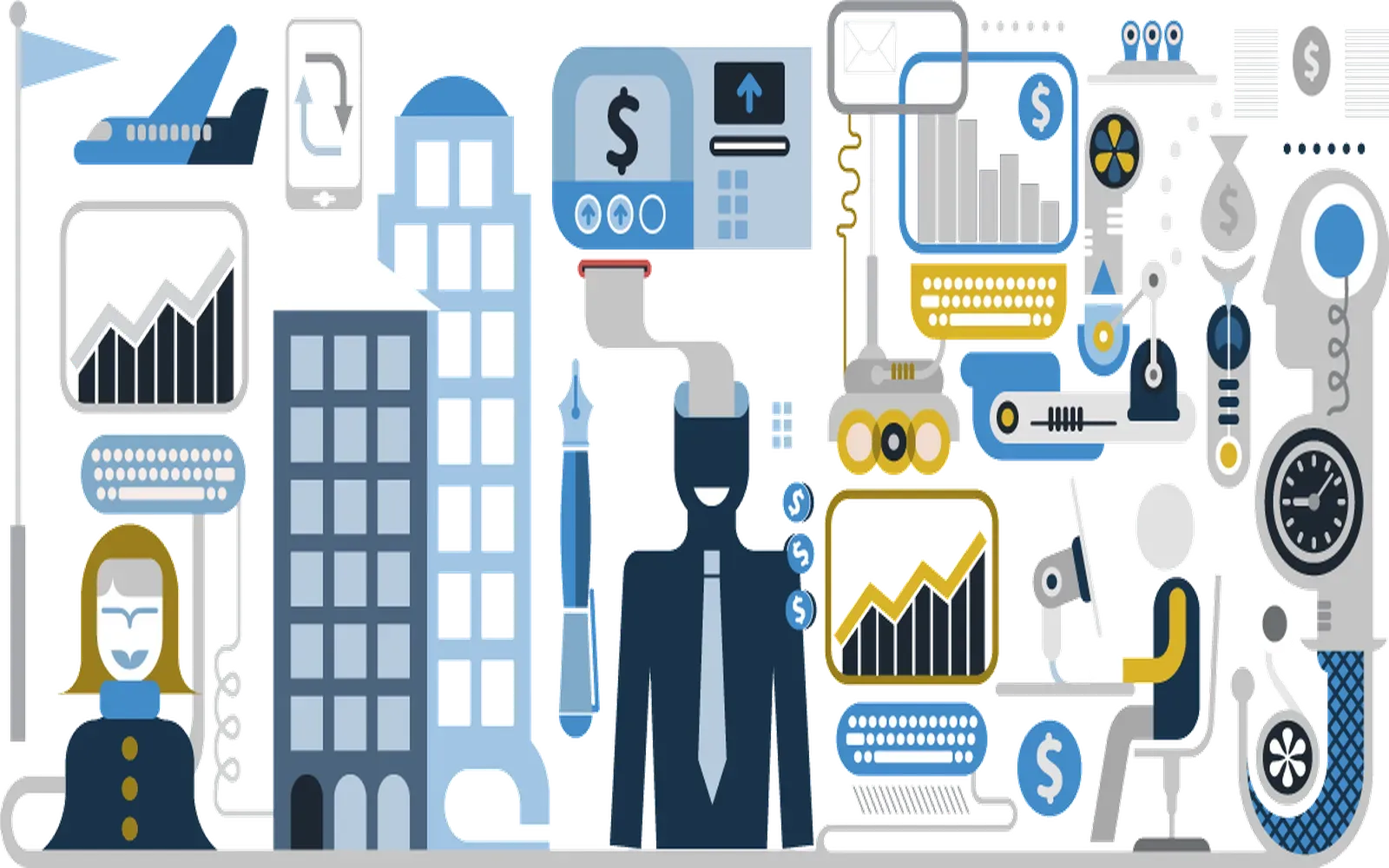
Premium Business Continuity Consultancy: Ensuring Your Business’s Resilience
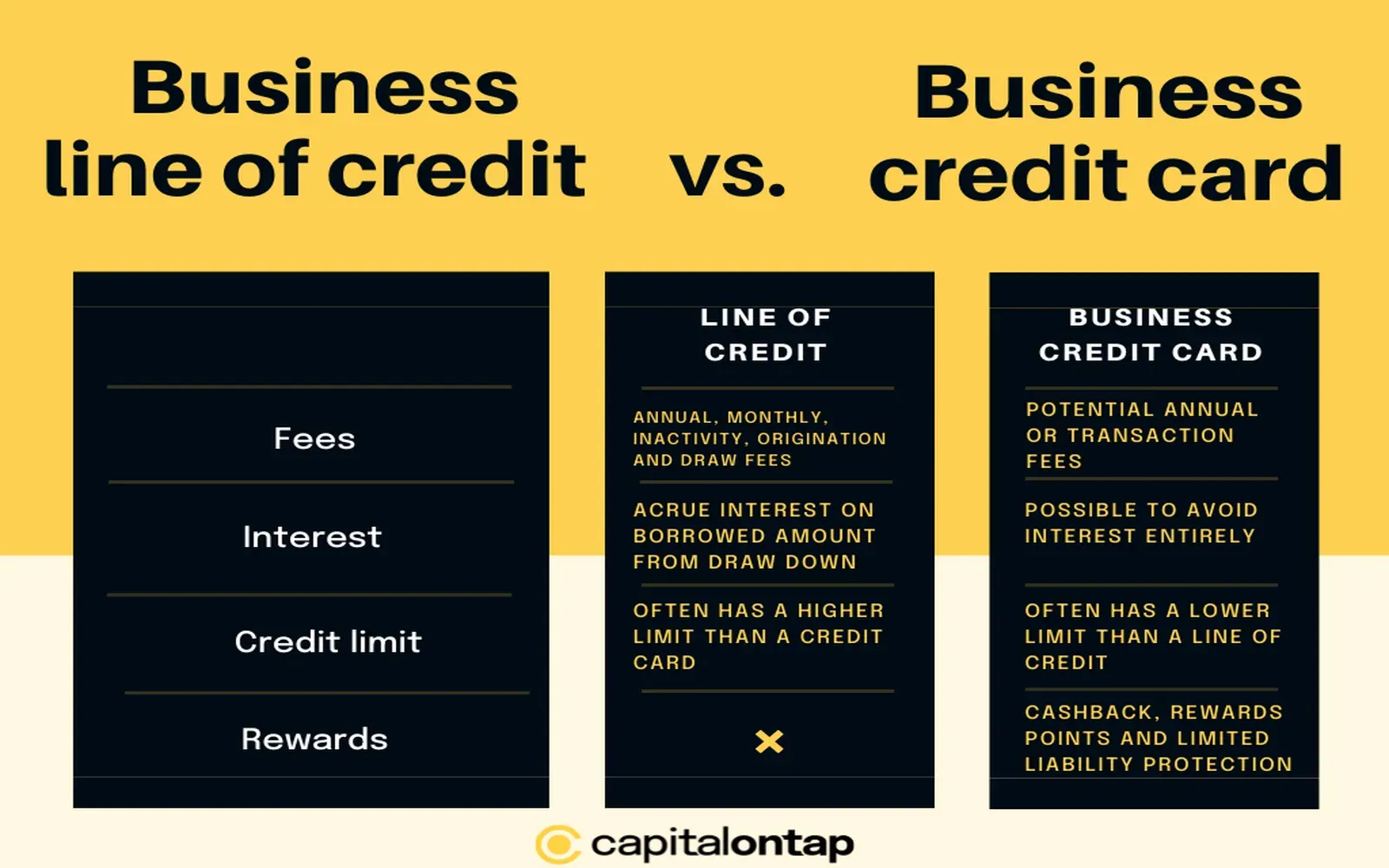
Top Business Lines of Credit for 2025: Unlocking Financial Flexibility for Your Enterprise
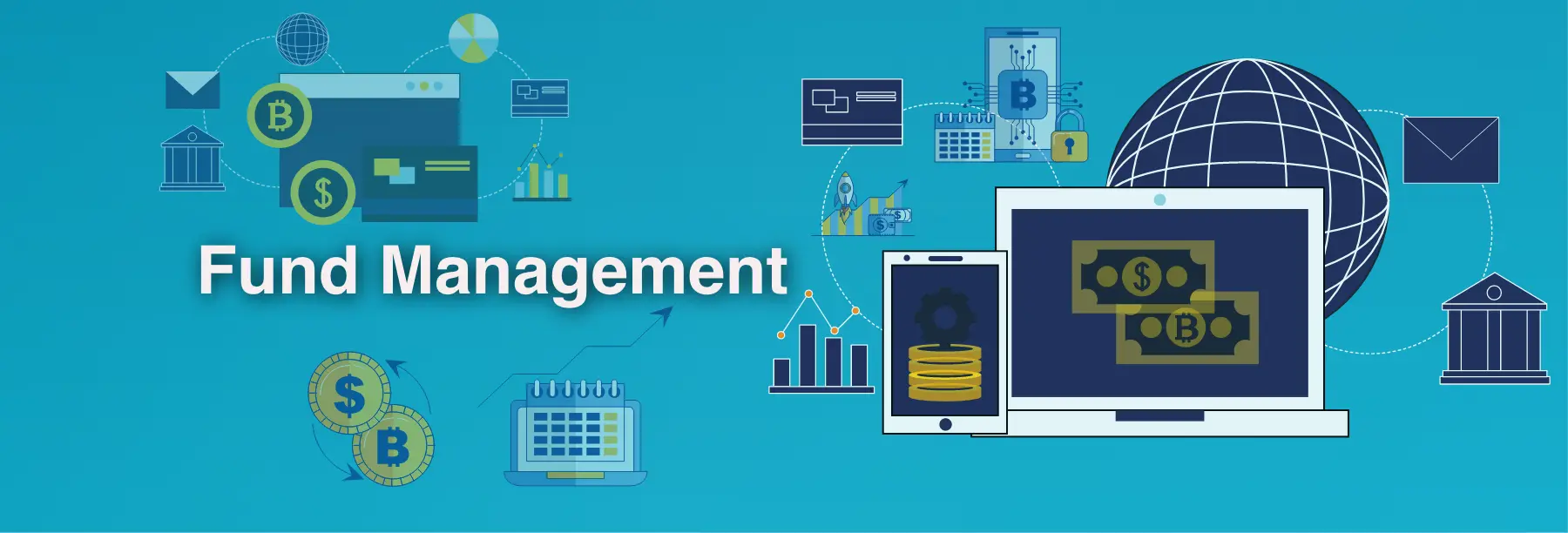
Top Fund Management Software and Tools to Streamline Your Investment Strategy in 2025
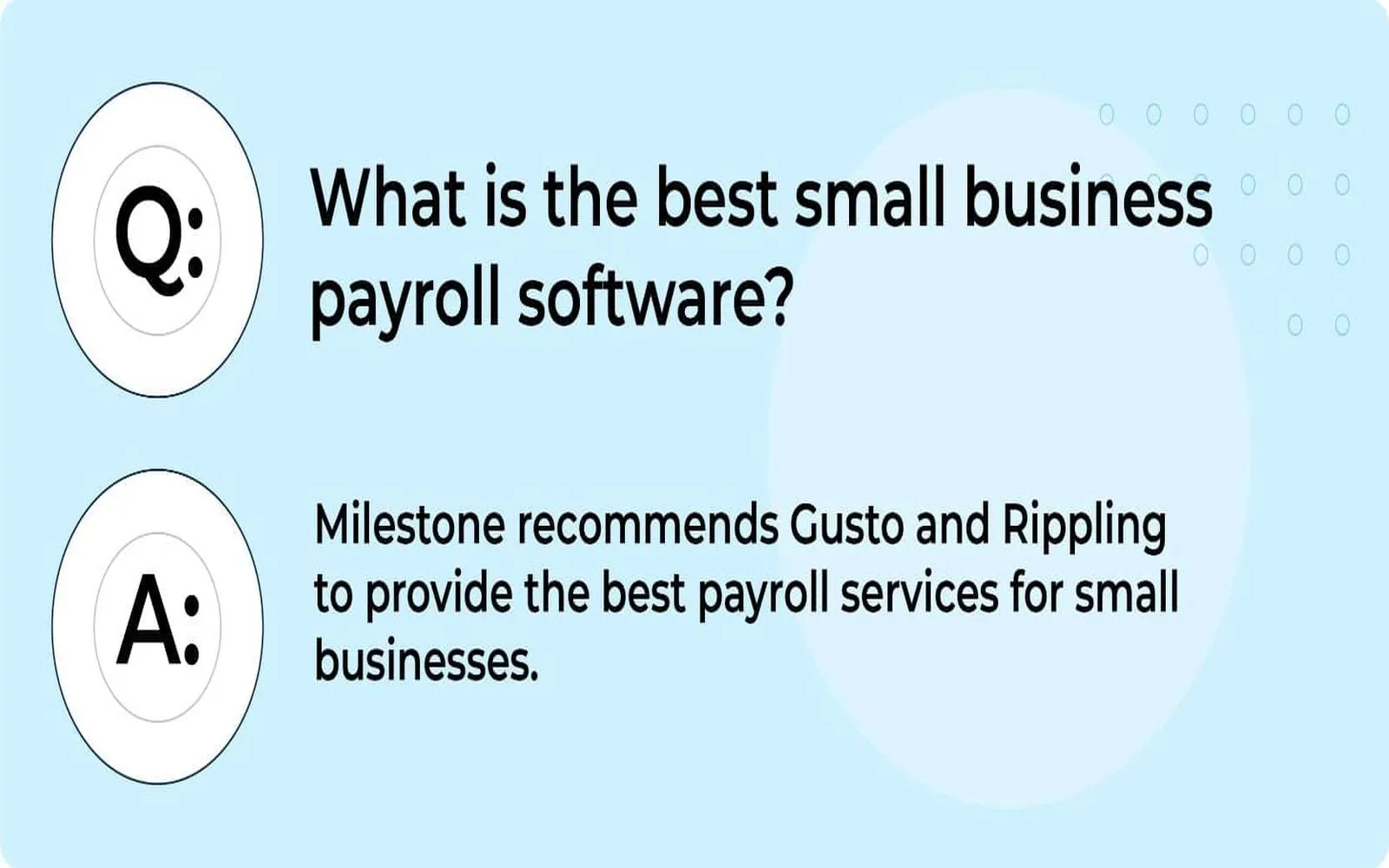
Top Payroll Services for Small Businesses in 2025: Streamline Your Payroll Process

Streamline Your Finances: The Ultimate Guide to Accounts Payable Software
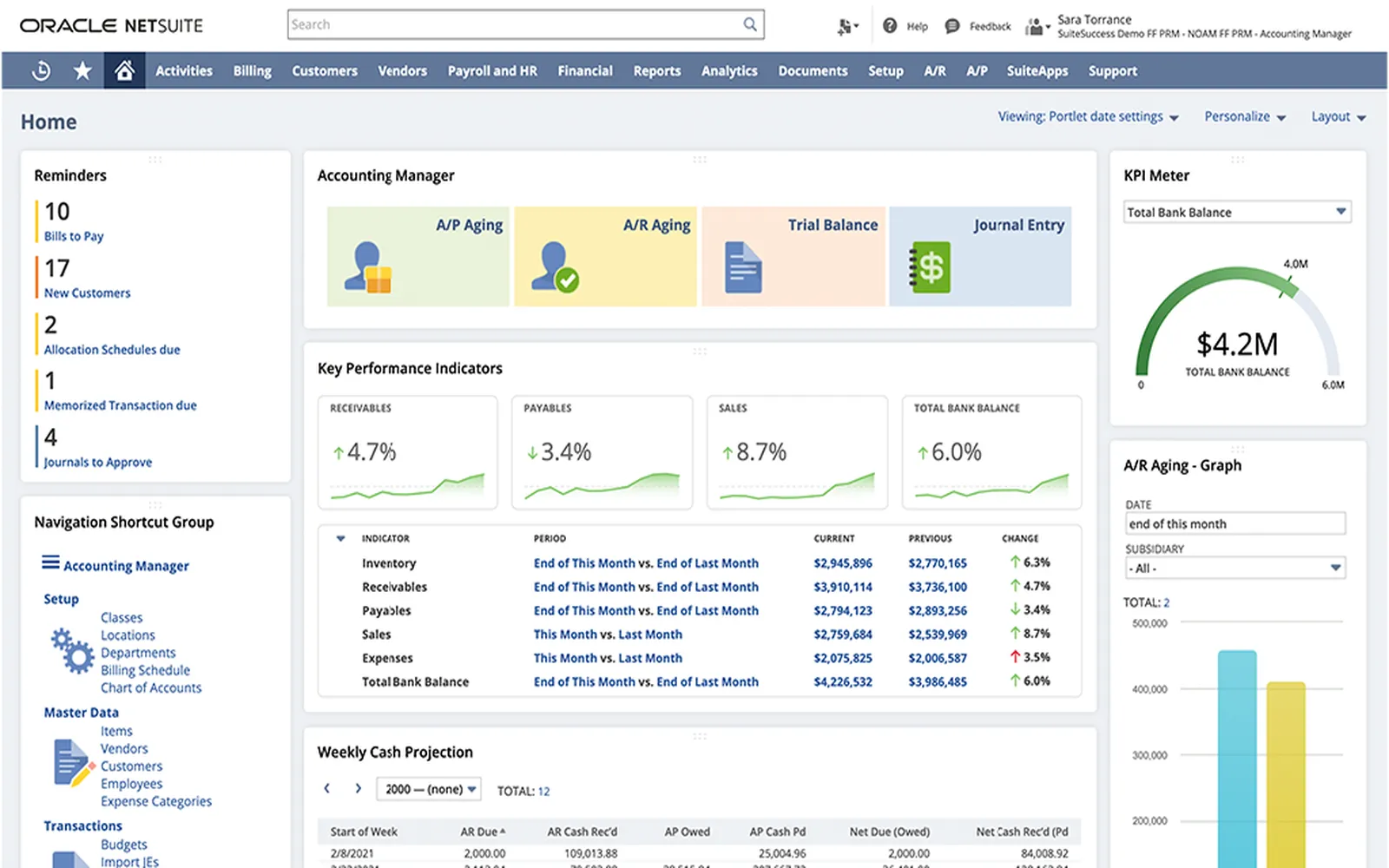
Top 8 Tools to Streamline Your Ecommerce Operations
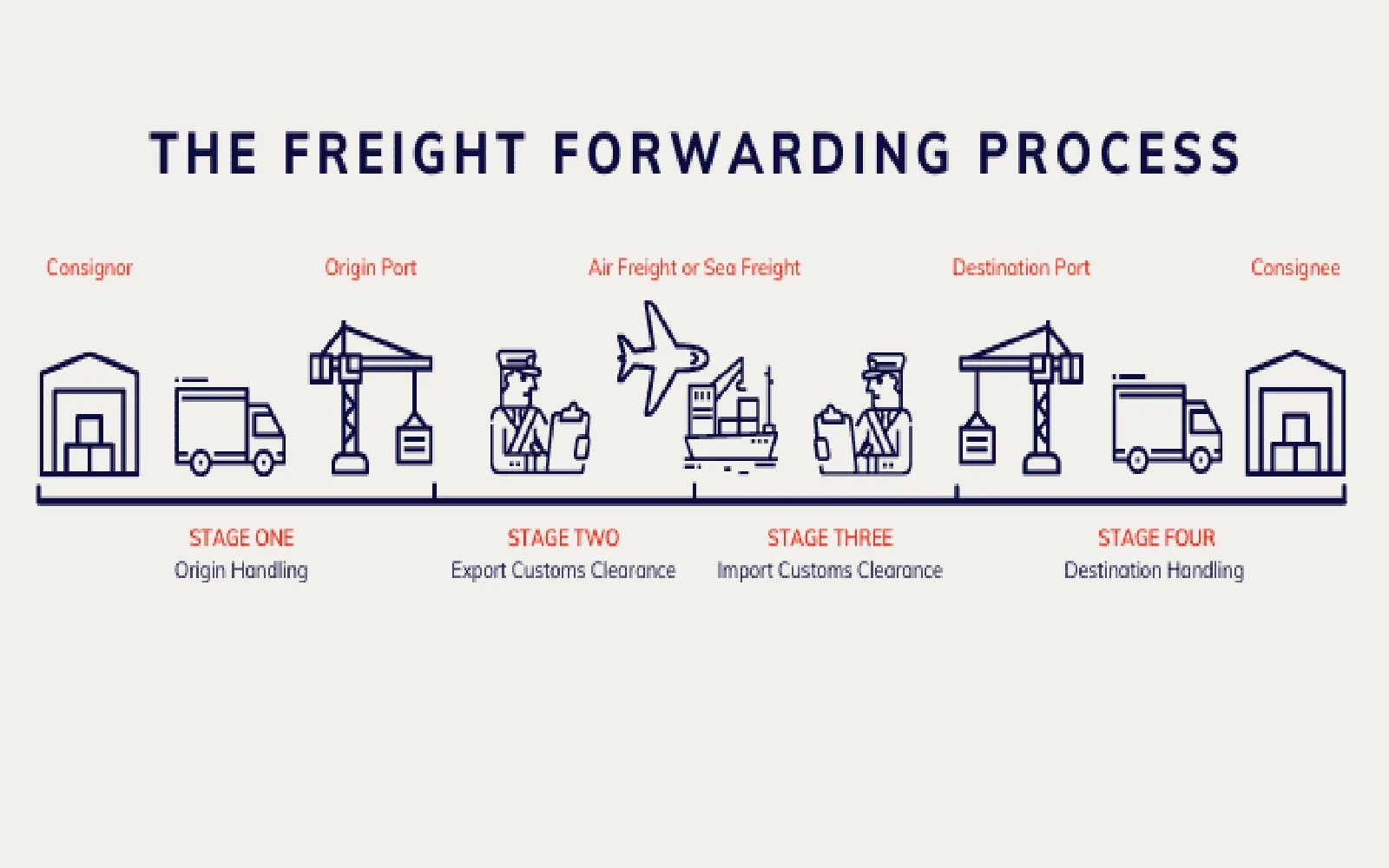
Streamline Shipping with the Best Freight Forwarding Companies 2025

Top Business Loans for Women Entrepreneurs in 2025: Unlock Your Potential and Grow Your Business
